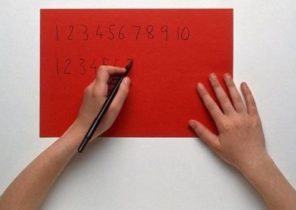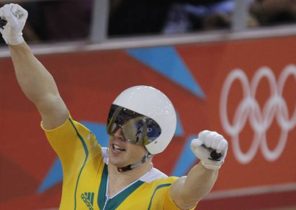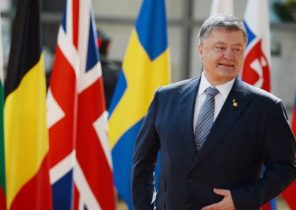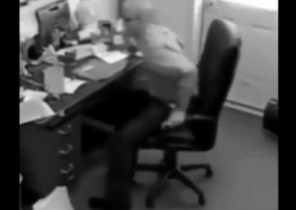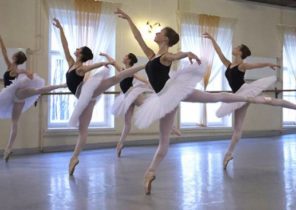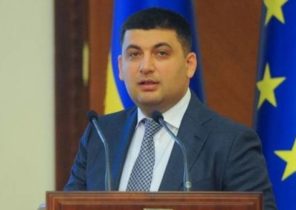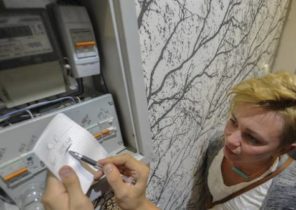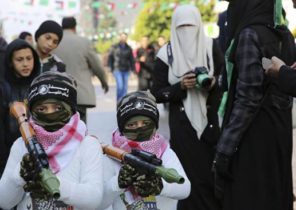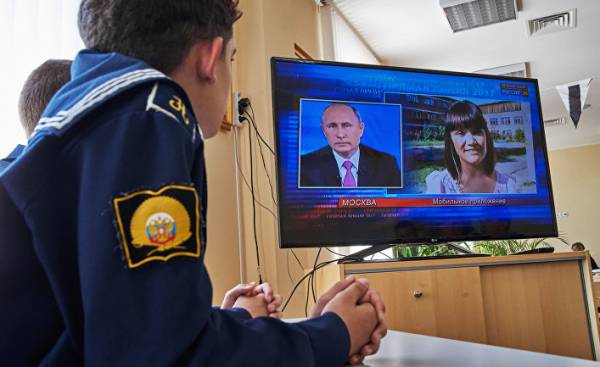
“All will be well,” promised Vladimir Putin during the live broadcast on Thursday, without specifying whether he would nominate his candidacy for the presidency in 2018.
Twice, on 26 March and 12 June, across the country, at the call of opposition leader Alexei Navalny has thousands of Russians came out to protest against corruption. In Moscow and St.-Petersburg these unusual meetings attracted many young people. The result was detained thousands of protesters, which is a new record since the beginning of Vladimir Putin’s presidency. But not a word was said on 15 June in the program “Direct line”, the biggest television show of the Russian President.
Three days after the violent dispersal of demonstrators in the capital and while Aleksey Navalny is serving 30 days in prison for calling for unauthorized rally, Putin decided to ignore his chief opponent, whose name he never even mentioned. He only reluctantly responded to the timid question about the growth “in the number dissatisfied.” “Is the opposition? Are you ready to speak with any of its representatives?”, — asked the Russian President. “I am ready to speak with anyone who seeks to improve the lives of people, to solve the urgent problems, and not with those who use the existing difficulties for their own publicity,” said the President.
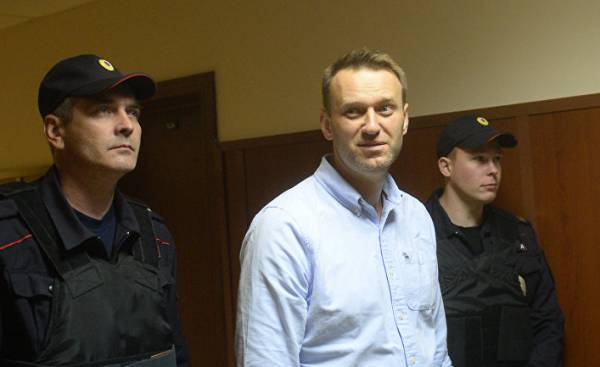 © RIA Novosti, Kirill Kallinikov | go to fotobelka Navalny in the Moscow city court
© RIA Novosti, Kirill Kallinikov | go to fotobelka Navalny in the Moscow city court
The unfinished hospital
Between “those who speculate and those who offer solutions” only the last “have the right to engage in dialogue with the authorities”,- the President continued, separating the wheat from the chaff. And to the point. A few minutes later, at the end of the transfer, the Russian President was more specific, answering the question of a BBC journalist whether he thinks Alexei Navalny as its main rival. “When I heard that you are from the BBC, I had not the slightest doubt that you ask this question because it is, in a sense, the propaganda of those people whom you support. Protests are always possible in the framework of democratic procedures, and they must remain within the law. And those who violate the law must answer for these violations”, — angrily replied the President.
Accustomed to the well established broadcasts (this is the fifteenth straight line since he came to power in 2000.), Putin responded on Thursday to questions carefully selected citizens from different regions of the country, the speakers live. But there were some heartrending accounts of Russians strongly deteriorating living standards over the last three years of the crisis. A young teacher from Irkutsk complained about meager wages, another young woman from Murmansk cancer cried, standing in front of the hospital, which did not end.
This time, viewers ‘ attention is particularly drawn to right corner of the screen, which appeared sent SMS messages apparently passing less serious selection. Disgruntled viewers could read: “goodbye, Mr President!”, “Putin, do you really think that people believe in this circus with bogus questions?”, “Is it true that Navalny takes on your film?”, “Three terms of presidency is enough!”
Bulk candidate? “No chance.”
Four hours in a straight line, during which keenly discussed the issues of Ukraine, Syria and relations with the United States, including Putin’s proposal to grant political asylum to James Comey, a former head of the FBI, were in the midst of disputes about the alleged Moscow’s intervention in the American elections, not enough to force the Russian President to break the silence about whether he will nominate his candidacy in the elections in March 2018.
“It’s up to the voter, the Russian people” — declined to answer Putin and added: “All is well”. Barring something unexpected, that no intrigue will not. In addition to Alexei Navalny, who has no chance to compete because his conviction for theft of funds, what did not fail to remind the CEC head, Ella Pamfilova, announced his intention to nominate his candidacy. And, Mr Putin, of course, will not miss the occasion to go for a fourth term in the year of the world Cup, which will take place two months after elections.
